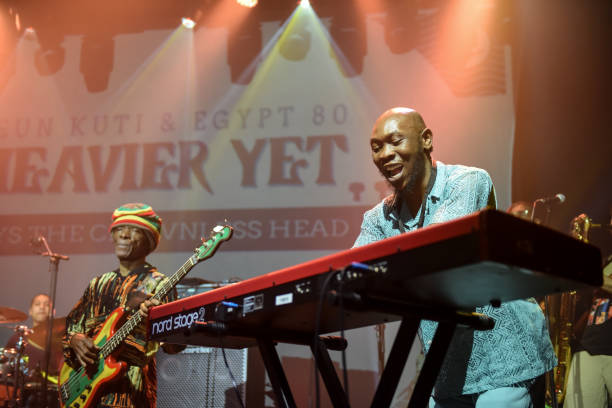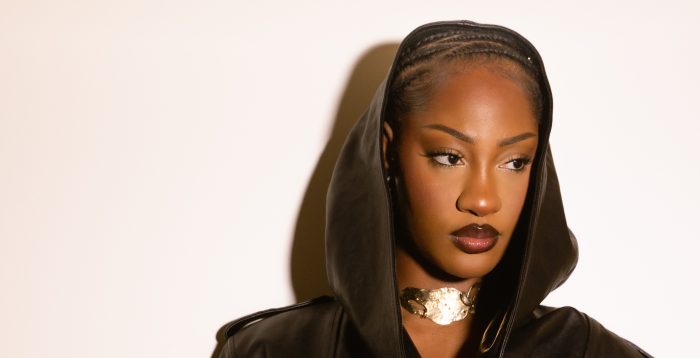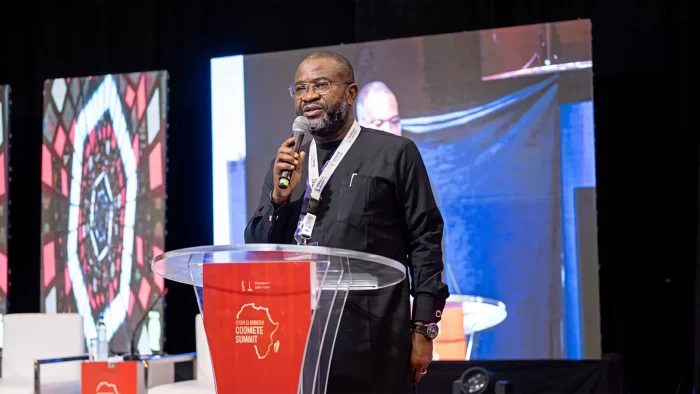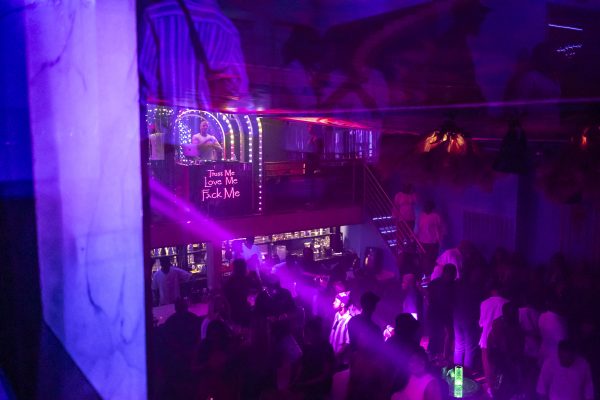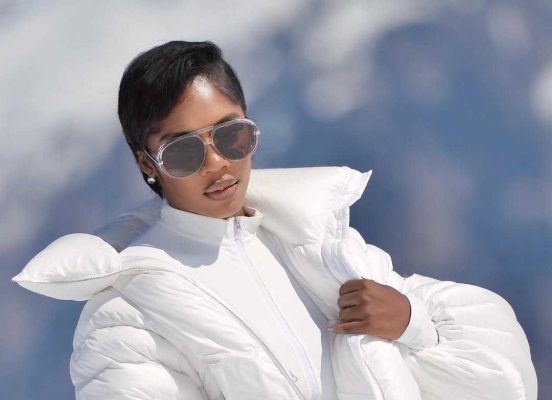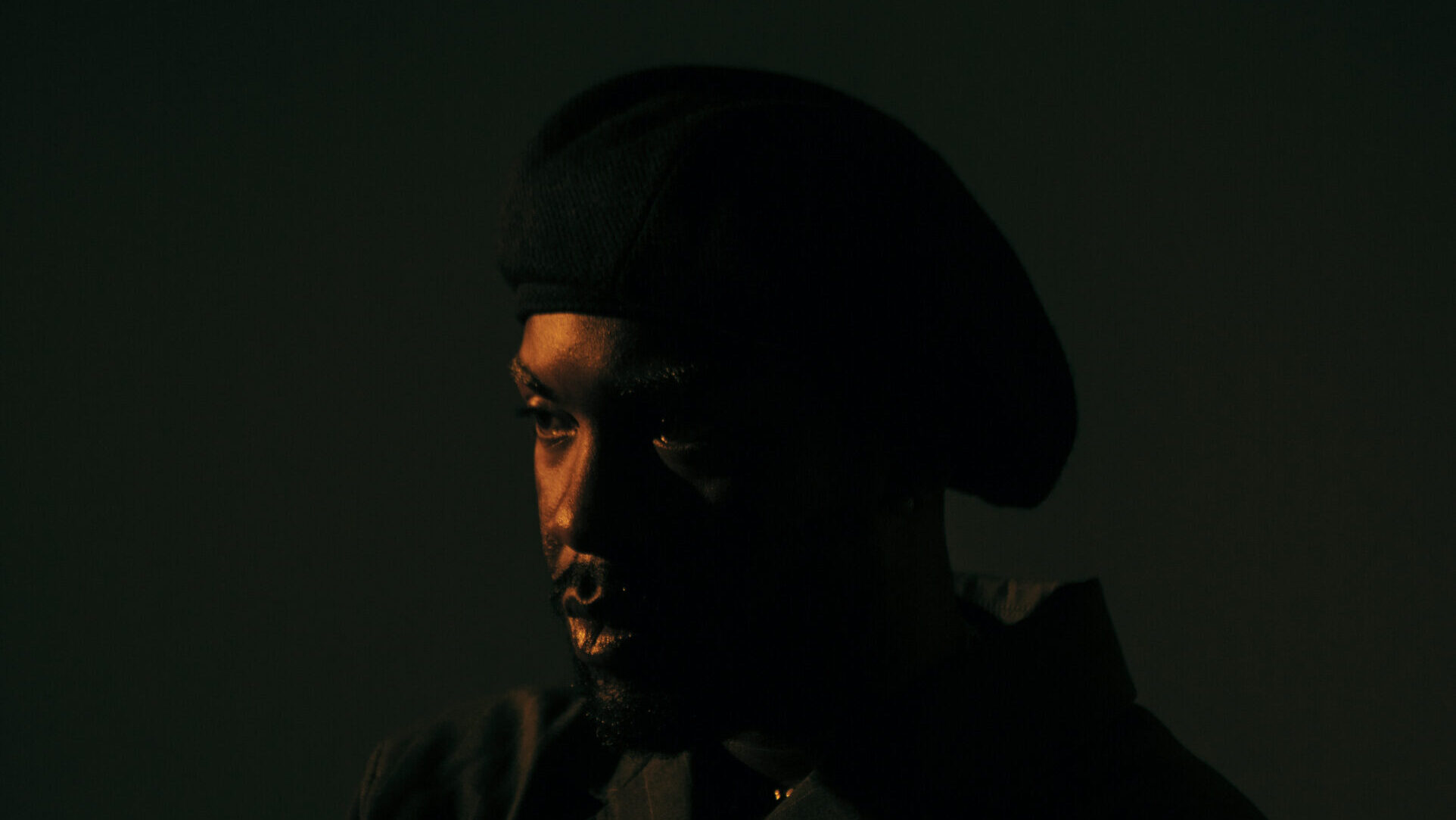
From his early beginnings in Abuja to international collaborations, Tay Iwar, Nigeria’s reclusive alternative sensation, is on a journey to blending soul-leaning melodies with eclectic genre fusions.
Tay Iwar is one of the most distinct voices that emerged within Nigeria’s alternative RnB scene in the past decade. Before appearing on the Grammy-nominated Wizkid record, Made In Lagos, the young musician had already garnered acclaim for his fusion-driven artistry since the release of his self-produced debut album, Passport, in 2014, and seven other full-length records.
Emerging from Abuja, Tay Iwar’s ascent started as a teenager when he produced Passport at just 14 years old. His soul-leaning melodies made his music stand out at such a tender age. Crafting stories of love, romance, self-discovery and evolution, his follow-up records including 2016’s Renascantia and 2019’s Gemini, pushed him further into the spotlight, even earning him a Headies nomination in 2020.
READ ALSO:Tay Iwar In Love and Isolation
Having grown up with music-loving parents, who provided classical music training for him and his other siblings, including his alternative hip hop and soul fusionist brother Sute, the Benue indigene packs an eclectic background of influences. His work is more popular than his lifestyle, with his social media largely missing those intimate details. In this week’s Guardian Music, the singer and record producer, now based in London, welcomes us into his world, sharing his journey to stardom, his creative process, and why he’s one of Nigeria’s most reclusive musicians.
How did you get into the world of music?
Music has always been part of my life. So the question of how I got into it is really a matter of initiation by birth. My father is a music head; he plays the saxophone. So, he made sure all his kids played at least one instrument. I would say that’s my initiation into the world of music. My mom is a woman of very vast taste when it comes to music. So, I always had both ends of the spectrum when it came to music because my father made sure we went to classical music school. He is also a jazz fan. My mom was into funk and more experimental sounds, like Prince and Genesis.
What moment did you start to envision a future as a musician?
It was a full-time decision that solidified while I was in secondary school when I started selling beats. That’s when I realised music was the main thing I wanted to do. I was around 13 years old and I felt strongly that music was the best thing in the world. Around that time, I discovered you could produce beats on a computer. Previously, I thought making music required a band. It was exhilarating, like figuring out how to create for the first time. Before then, creation was a complete mystery. So, my professional journey in music began at 13.
How did you hone your style?
I’ve always found that music should be an extension of your life and your experiences. It should be the combination of all the vibes. So that’s what I did, and at the time, I didn’t know that’s not what people were doing. I just felt like it was normal because I learned about music vibes from jazz people, and the way jazz musicians create is by expressing how they feel in that moment, based on their experiences in life or their environment. Later on, I found out that a lot of people make music based on trends and marketing analysis. The foundation of my music-making has always been that my music should reflect my taste and my experiences. So, if I keep on living a life, gathering new experiences, and expanding my horizons, then the music and the sound are always going to change. And I guess that change is what makes it a bit experimental.
Tell us about your collaboration with Le Mav. What was the attraction?
The inspiration is always music first. But what really made the duo happen is friendship. We’re like-minded in music taste and we also have a good relationship personally. Gold is one of the easiest music exchanges that I have done because we have never been in the studio for any of the records. Every song was just done over iMessage or WhatsApp.
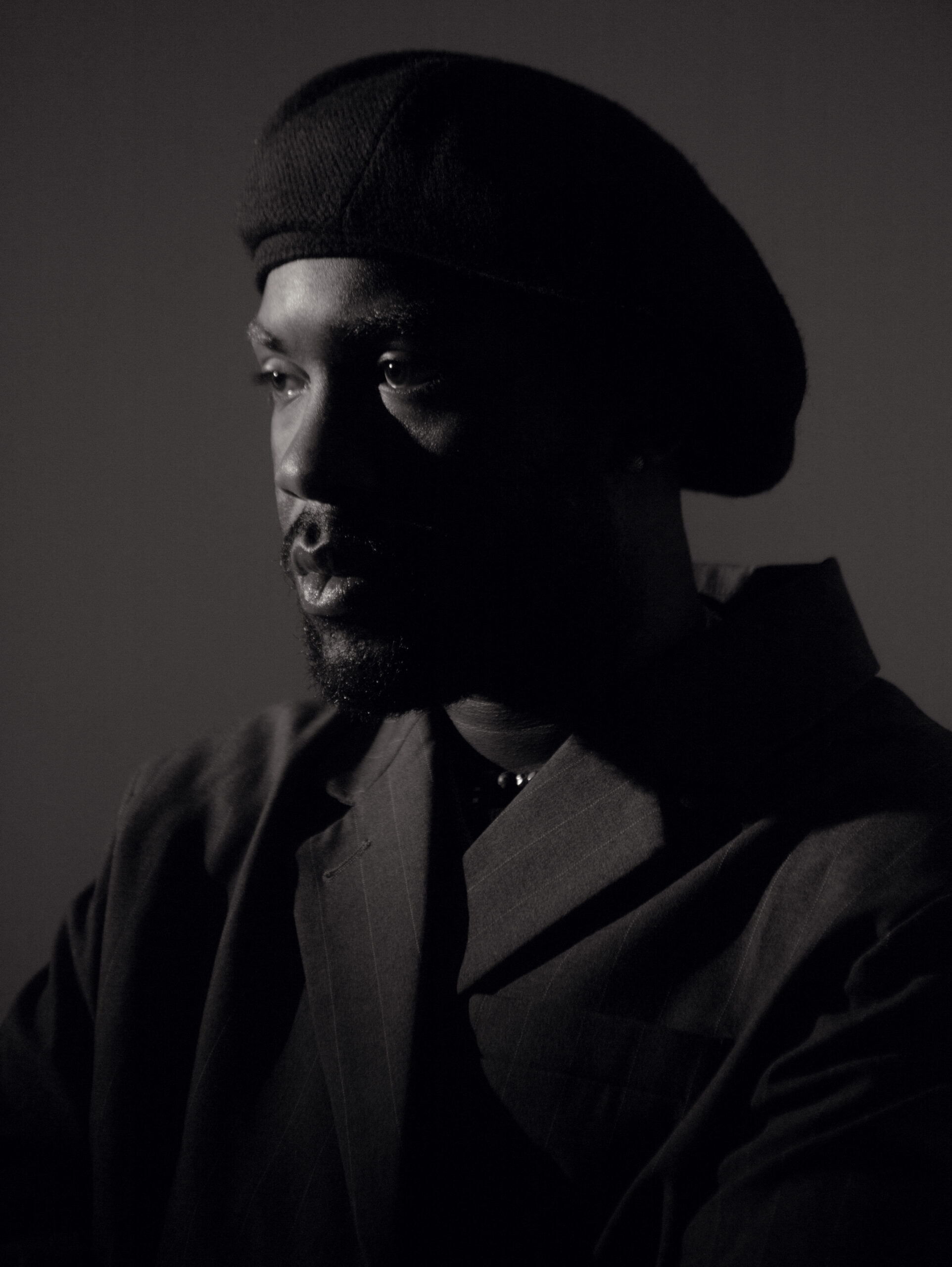
READ ALSO: Tay Iwar Drops New Single Called “Video Star”
Tell us about the making of your popular duet with Wizkid, True Love.
The session was almost like every other session in the sense that it was done in my bedroom. Juls sent me a beat, and I recorded it. Our process is the same. I’ve only been in the studio with Juls about four times, and only two songs from those sessions have been released. Most of our songs are created remotely; he sends me a beat via WhatsApp or iMessage, I record, and send it back. The same thing happened with True Love. It was during COVID, and I was at home in my room. He sent me the beat; I recorded it and sent it back. Then, two weeks later, he told me Wizkid was on it.
You seem to be very reclusive on social media. Why?
My creative process, honestly, is my whole life. That looks like a lot of family, friendships, conversations and living a real life outside the whole social media or attention-seeking thing. So, if I’m not living a life, then I don’t think I have any meaningful music to offer.
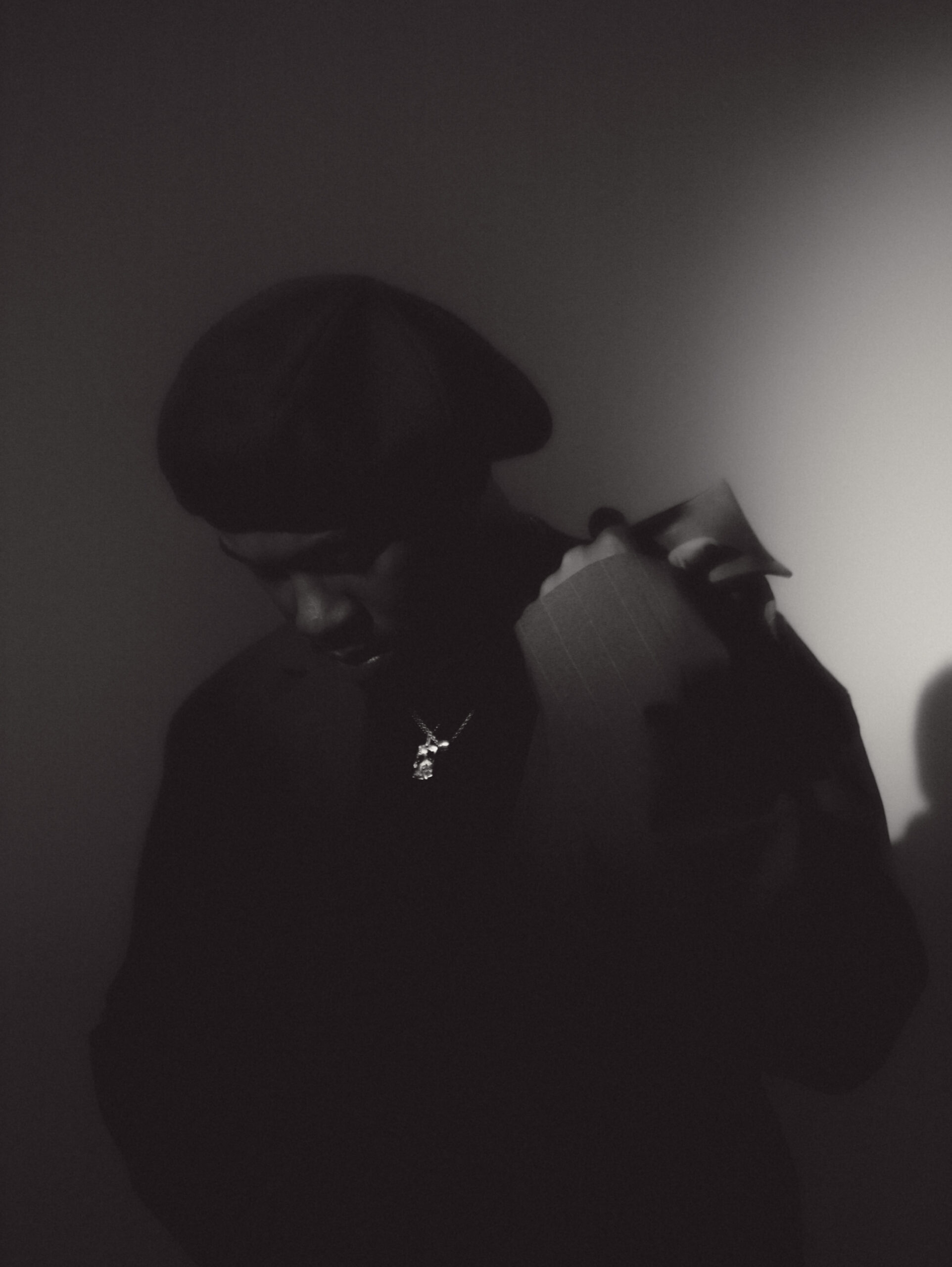
What do you typically do when you are not making music?
A day in my life when I’m not making music, which is a very rare thing, by the way, I’ll probably be painting or having conversations with my friends, brainstorming on life issues, social issues, and just checking in on people.
Tell us about some of your other fondest creative sessions.
I’ve always had a love for music sessions; some of the most memorable ones when we didn’t even make music just ended up as conversations. I guess the one coming to mind was this one time when Shallipopi, Wizkid, and I were in the studio, and the energy was just fantastic. I don’t think we made anything that day, but the energy in the room was fantastic. There was another fantastic session I had with a band from England called Kokoroko. They make Afrobeat. Honestly, I’ve had so many memorable sessions.
What’s the vision for Tay Iwar?
The vision is to stay alive, productive, and grateful. It’s a constant motivation for me. It doesn’t really get more than that.


